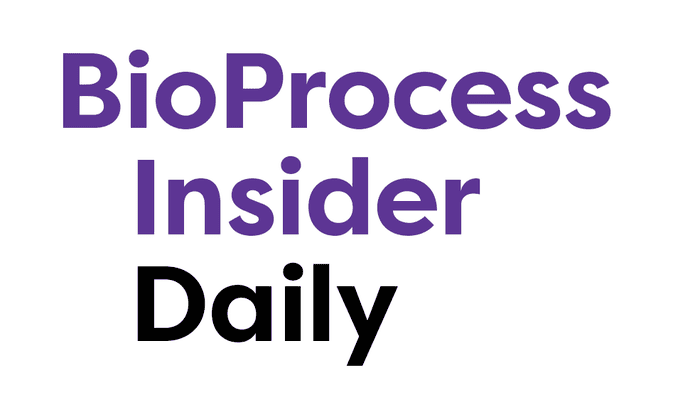
Our BioProcess Insider editorial team is at Biotech Week Boston 2024 to bring you some of the most pertinent coverage from across the conference hall and exhibition floor.
Follow our coverage throughout the event!
Talent dearth continues to puzzle life sciences industry, says recruitment expertTalent dearth continues to puzzle life sciences industry, says recruitment expert
Andrew Mears, CEO of Lead Candidate, highlighted a dichotomy in the industry, where some sectors are downsizing while others are experiencing rapid growth during a video interview at Biotech Week Boston (BWB).
“The way to describe the market as a whole is one that's changing, it's evolving,” Mears explained. “We've got businesses that are right-sizing, which I think is on the back of the boom times three or four years ago. That's created opportunities where people, sadly, have come into the labor market. But then you've got businesses in different sectors within the life sciences community that are growing and expanding at a rate of knots.”
However, Mears cautioned against viewing this situation as a simple equation where displaced workers can easily fill newly created roles. “While you would think that's a linear equation and the people coming into the market then pick up the roles that have been created, it doesn't always work like that,” he said. “The people that are perhaps losing their roles aren't necessarily in high-demand vacancy areas, so it creates a lot of white noise that isn't always helpful.”
When asked about specific areas facing talent shortages, Mears emphasized the widespread nature of the challenge. “The reality is that talent is scarce full stop. Whether that be quality, validation, operations, or commercial. It kind of depends on the business and what their priorities are.”
Beyond compensation
While compensation remains important, Mears noted a growing emphasis on meaningful work and professional growth. “People are looking for interesting work, they're looking for the kind of science or the kind of modalities that are going to challenge them professionally or technically.”
The interview touched on the impact of emerging technologies, particularly AI and automation, on the job market. Mears views these advancements as enablers rather than replacements for human roles. “AI is an enhancer. There are elements of people's roles that can be performed by AI, but I don't think they'll ever fully replace their roles.” However, he stressed the importance of reskilling and development to adapt to these changes.
Such technological advancement will, indubitably, be a key driver in the industry going forward. “The technology agenda in our industry is going to continue to gather pace: Big data, AI, the machine learning piece and how that integrates and drives and evolves the mandate of the life sciences industry,” he said.
About the Author
You May Also Like
schedl_b_and_w.jpg?width=100&auto=webp&quality=80&disable=upscale)
schedl_b_and_w.jpg?width=400&auto=webp&quality=80&disable=upscale)






